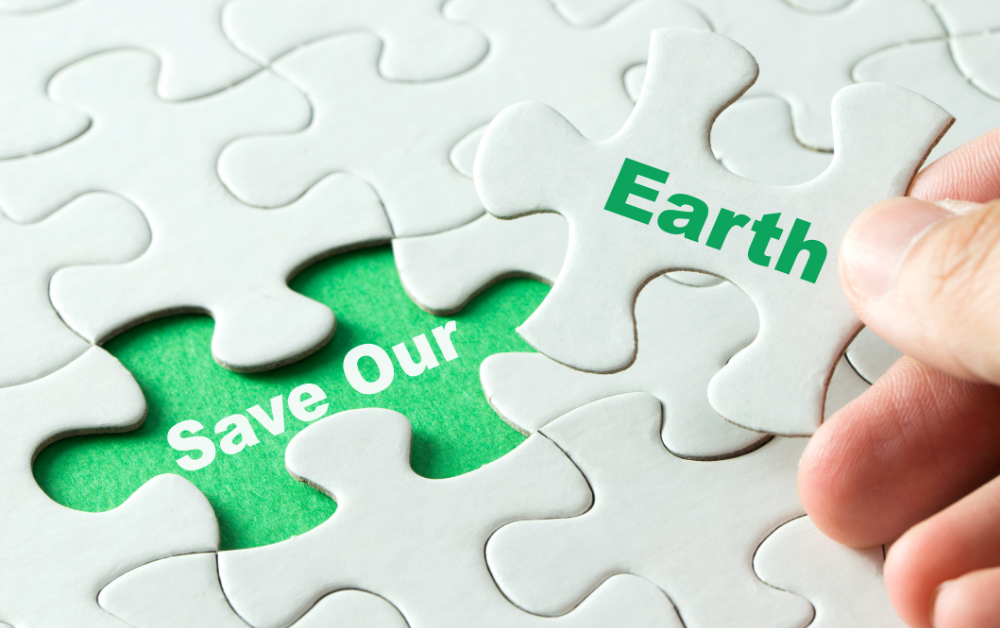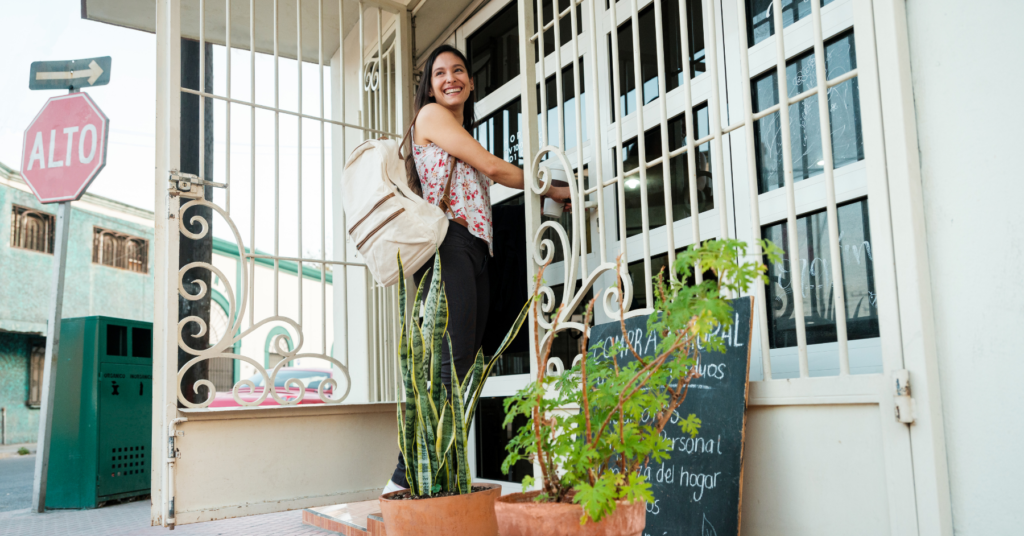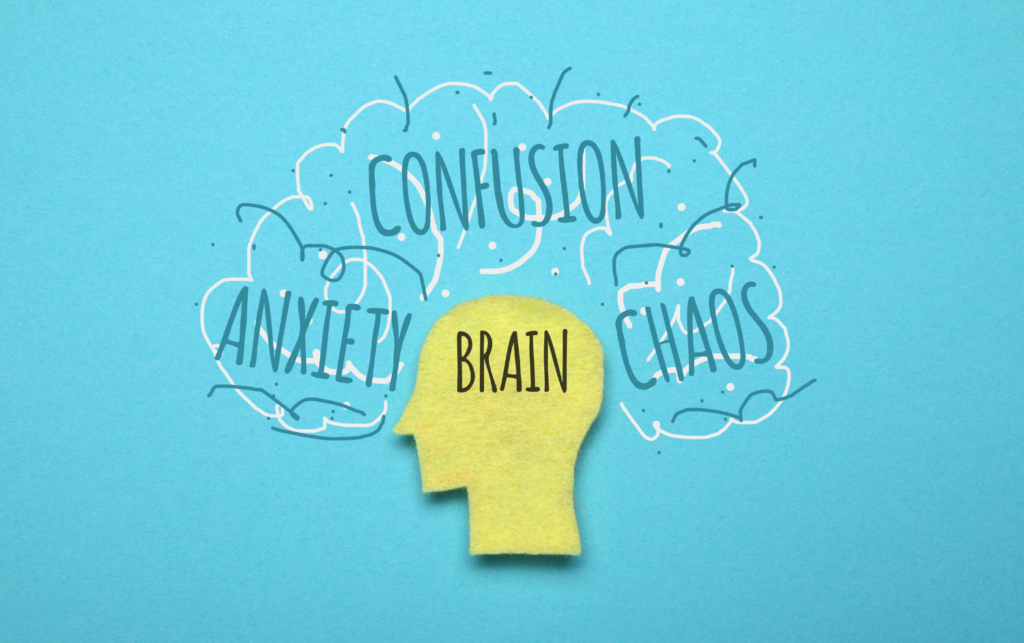Climate change is, without a doubt, one of the most prominent concerns of the entire world today. A study by the European Investment Bank found that 76% of Americans feel that climate change impacts their lives daily, while that number is 82% in Europe and 98% in China (Proctor & Gamble, 2020). Globally this is a great concern.
While a relatively new term, the word eco-anxiety was first introduced by the American Psychological Association in 2017. Eco-anxiety is defined as “the feeling of stress, grief, helplessness, and fear of uncertainty associated with the grim outlook for our climatic and ecological systems” (Morris, 2020). Such feelings can result in mental and physical consequences, like sleep disorders or substance dependence, due to the increased stress and anxiety. These fears are especially prevalent among the youth of today’s world.
Trend forecasting company WGSN found that Gen Z consumers (those between ages 18 and 25) believe that brands are more effective than governments in combating climate change (Warren, 2020). In truth, governments, brands, and consumers must all play a part in better protecting the environment.
Relieving eco-anxiety
Indeed, getting informed is key to coping with eco-anxiety. Knowing the facts is more helpful than imagining that things are better or worse than they are. Moreover, the New Scientist provides other tips for managing eco-anxiety (Sarchet, 2019):
- Live more in alignment with your values. For example, consume less, drive less, etc.
- Do an energy health check of your home–check efficiency, turn down heating, insulate.
- Cut back on flying.
- Focus on changing systems, not just yourself. For example, contact local government.
- Find like-minded people. Unquestionably, developing fulfilling relationships improves mental health.
- Protect and nurture local green spaces. In addition, spend time outside each day.
- Finally, discuss the changes you make with others.
Climate Psychology Alliance member Caroline Hickman also suggests that those battling eco-anxiety talk about their feelings, taking time to learn and accept facts. Then, along with changing their lifestyles to reduce emissions, getting involved in activism can help reduce anxiety, strengthening a sense of agency and community (Nugent, 2019).
Knowledge is power
WGSN found that 84% of respondents were willing to spend more on sustainable products; brands need to be authentic and eco-minded to connect with these consumers (Warren, 2020). In conclusion, if brands embrace sustainable practices and let consumers know, and if consumers do support those brands that live their principles, eco-anxiety can be overcome.
References
Morris, C. (2020, June 8). How the Coronavirus pandemic could exacerbate eco-anxiety. Climate Xchange. https://climate-xchange.org/2020/06/08/how-the-coronavirus-pandemic-could-exacerbate-eco-anxiety/
Nugent, C. (2019, November 21). Terrified of climate change? You might have eco-anxiety. Time. https://time.com/5735388/climate-change-eco-anxiety/
Proctor & Gamble. (2020, June). Responsible beauty. Women’s Wear Daily, 1-12. https://assets.ctfassets.net/oggad6svuzkv/1bSkTnagXw3kLQ7hO1wtOj/aaadd1206e6ed12d2cb807fdbf74158c/REPORT_P_G_RESPONSIBLE_BEAUTY.pdf
Sarchet, P. (2019, October 21). Stressed about climate change? Eight tips for managing eco-anxiety. New Scientist. https://www.newscientist.com/article/2220561-stressed-about-climate-change-eight-tips-for-managing-eco-anxiety/
Warren, L. (2020, January 27). Responsible fashion becomes more popular as Gen Z speaks out. Sourcing Journal. https://sourcingjournal.com/denim/denim-influencers/wgsn-gen-z-project-new-york-greta-thunberg-climate-change-191883/

A New Kind of Anxiety
Consumers are beginning to feel the pressure of their consumptive lifestyles.

Eco-labels and Positioning Sustainable Products
A Forbes study found that 88% percent of consumers want brands to help them make more sustainable...

Sustainable Shopping Guide
Eco-anxiety is a growing concern among young people. For instance, a recent survey on the topic...



